
Generations leave behind habits, know-how, and everyday practices that seem impossible to live without. But society rarely stands still, and what was practical in one era often fades into obscurity in another. Here’s a closer look at 20 skills that once defined usefulness but have steadily drifted out of focus in today’s world.
Handwriting Letters

Before email and instant messages, letters were the way people kept in touch. Every word was written by hand, often saved for years. Today, many of those letters feel like keepsakes from another time. That nostalgia has even led several states to bring cursive writing back into classrooms.
Using A Fax Machine
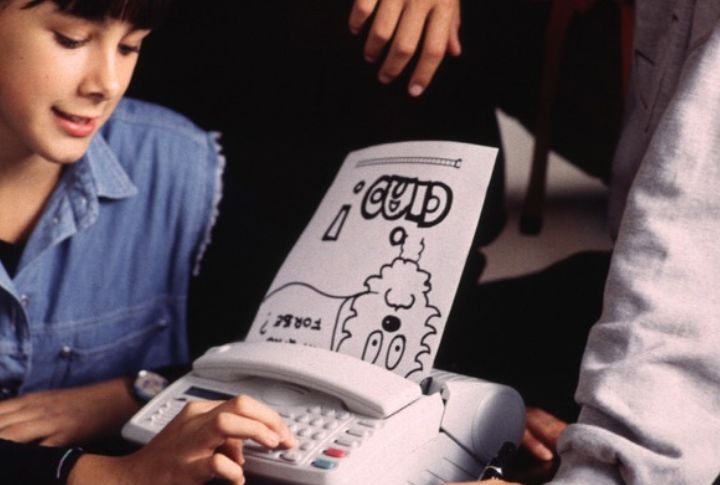
Fax technology emerged in the 19th century as an early solution for document sharing. These machines became important for sending papers across distances, but digital alternatives have since taken over. Still, healthcare organizations continue using fax machines to meet regulatory requirements.
Sewing Clothes

The art of sewing clothes has faded from American households. While vintage sewing machines now serve as decorative antiques, this skill was important for making and repairing garments. Meanwhile, fast fashion and affordable clothing have reduced the need for home sewing, despite its historical importance in schools.
Spinning Wool
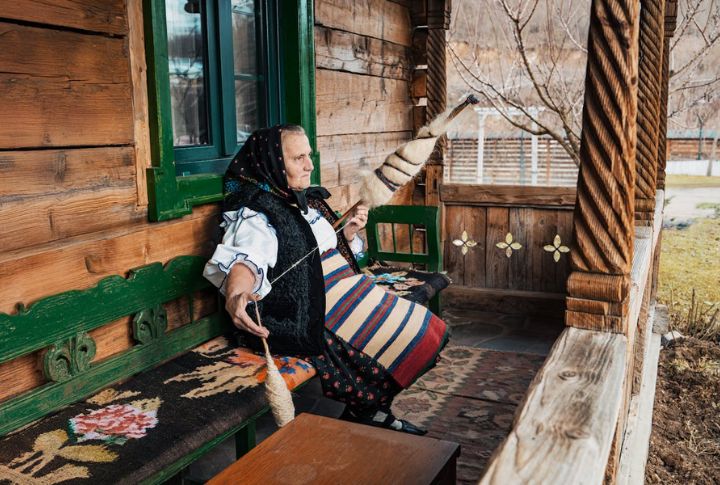
The phrase “spin a yarn” traces back to sailors who twisted rope while telling stories at sea. Traditional wool spinning later became essential in households nationwide until industrial textile production changed everything. Today, spinning wheels are used mostly by hobbyists and historical reenactors.
Using Paper Maps

Digital apps dominate navigation to offer convenience at every turn. Long before they appeared, paper charts served as the primary tools for finding routes and directions. Some drivers still keep them for emergencies, and map reading remains a skill taught in outdoor programs where reliability matters.
Using A Rotary Phone
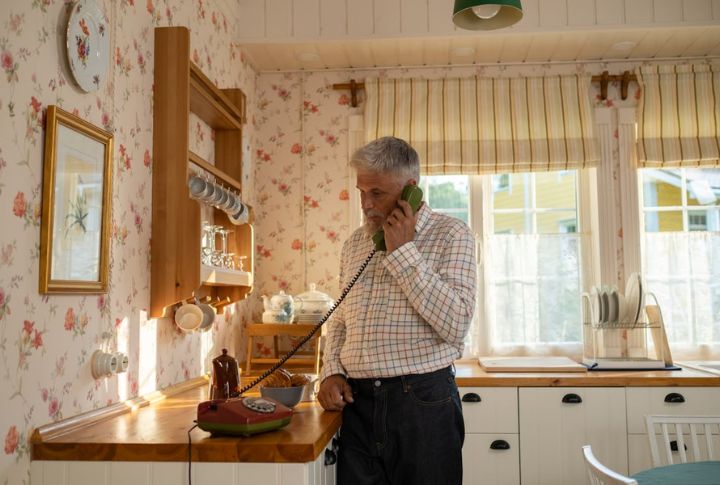
Period films and TV shows often feature rotary phones as nostalgic props, though push-button and mobile devices have long replaced them. Using one required spinning a dial for each digit, a slow and deliberate process. Most young people have never experienced that firsthand.
Typing On A Typewriter

Few people maintain typewriter repair skills in modern times, despite these machines’ historical significance. Typewriters once dominated professional writing, complete with manual carriage returns and correction tape for mistakes. Even so, select writers continue using them as a way to spark creativity.
Memorizing Phone Numbers
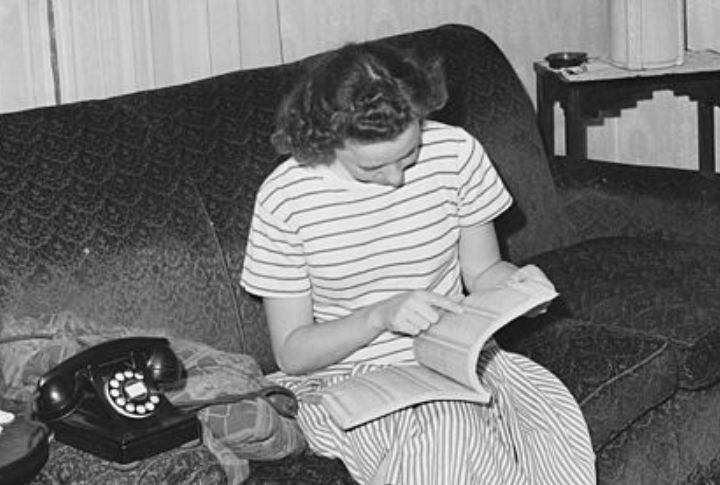
The era of “speed dial” on landline phones feels distant now that contact lists handle our phone numbers. Before mobile phones, people diligently memorized numbers for friends, family, and services. While smartphones make this skill optional, emergency preparedness manuals still recommend knowing at least one contact number.
Writing In Shorthand

Traditional shorthand systems like Gregg and Pitman equipped office workers to transcribe speech with precision. This efficient writing method also thrived in journalism and business settings until digital recording technology arrived. Despite its decline, specialized shorthand machines continue to support court reporters in their daily work.
Using A Slide Rule
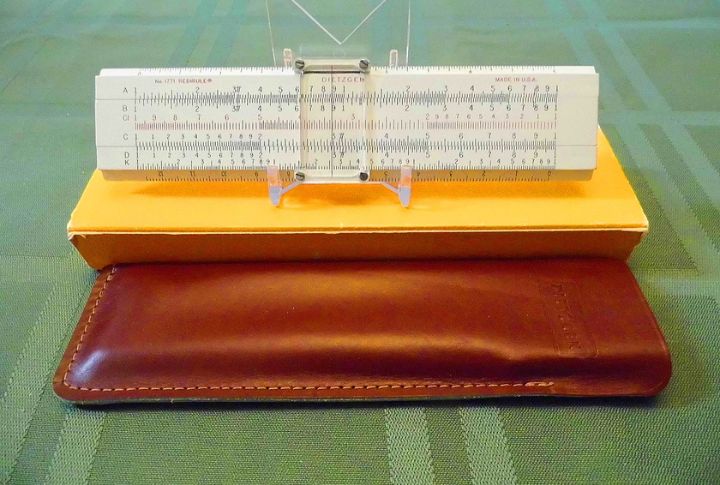
The 1970s marked a turning point when affordable calculators replaced slide rules in classrooms and offices. These mechanical calculating devices were vital for complex mathematical operations and even assisted NASA engineers during Apollo missions. Now they stand as collector’s items, a reminder of pre-digital ingenuity.
Using A Card Catalog
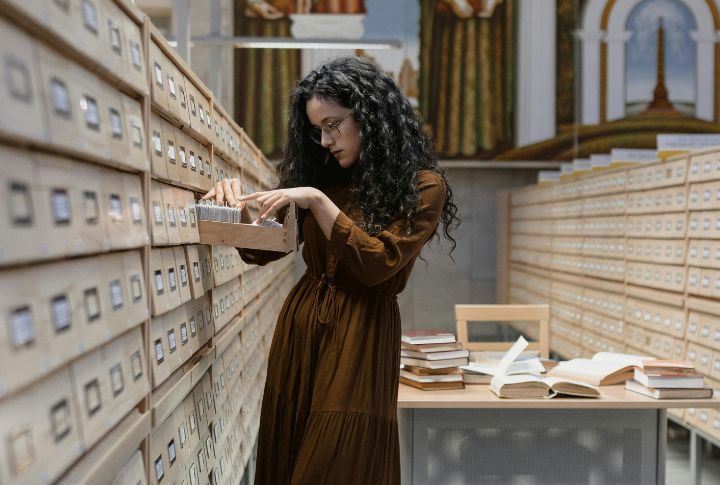
Before digital databases took over worldwide, libraries relied on methodical card catalogs for book searches. The wooden systems remain preserved in select institutions as historical artifacts. Subsequently, the distinctive drawers have gained popularity as repurposed storage furniture in contemporary spaces.
Making Butter By Hand
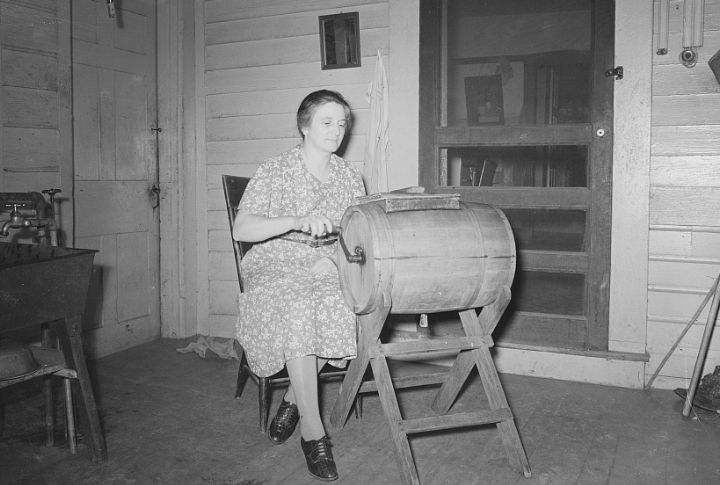
You may have seen a butter churn in a museum or old farmhouse, but for earlier generations, it was standard equipment. Producing butter by hand filled both time and tables. Today, the process is rarely used outside hobby kitchens or nostalgic recipes.
Darning Socks
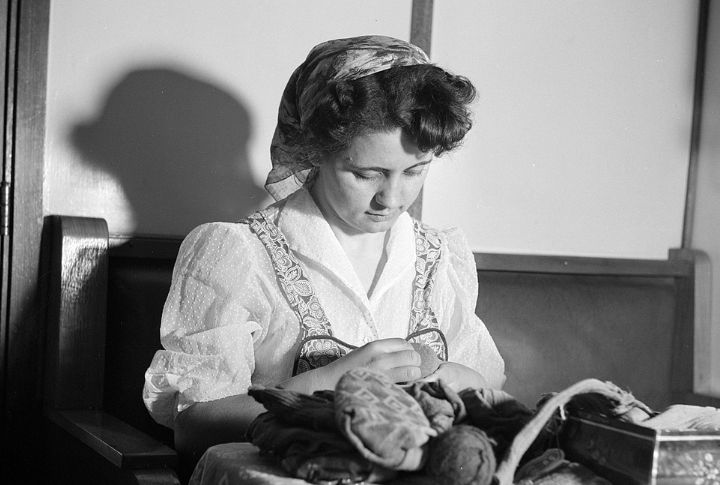
Sock repair ranked among essential household abilities, with specialized darning eggs making fixes possible. Though modern consumers typically discard worn pairs instead of mending them, this practical skill predates cheap replacements. Meanwhile, visible mending techniques attract new followers through sustainable fashion movements.
Using A Cassette Tape
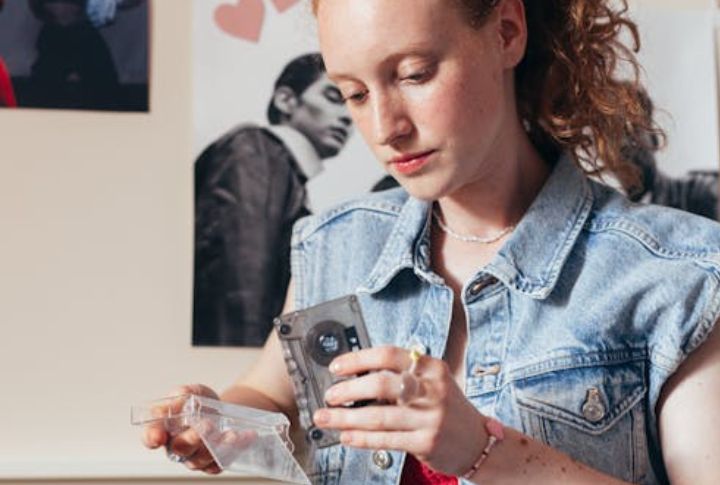
During the 1970s through 1990s, cassettes were how people experienced music. They offered portability but also required patience, like when you rewound by hand to save batteries. Digital convenience and streaming soon pushed them aside, with retro festivals among the few places they appear.
Using A Dictionary Or Encyclopedia

Physical reference books once served as essential academic companions that helped students and researchers for generations. In fact, the Encyclopaedia Britannica’s final print edition in 2012 closed a 244-year legacy, signaling a clear shift. Online search engines now dominate, though some families still keep encyclopedia sets as cherished heirlooms.
Making A Fire Without Matches
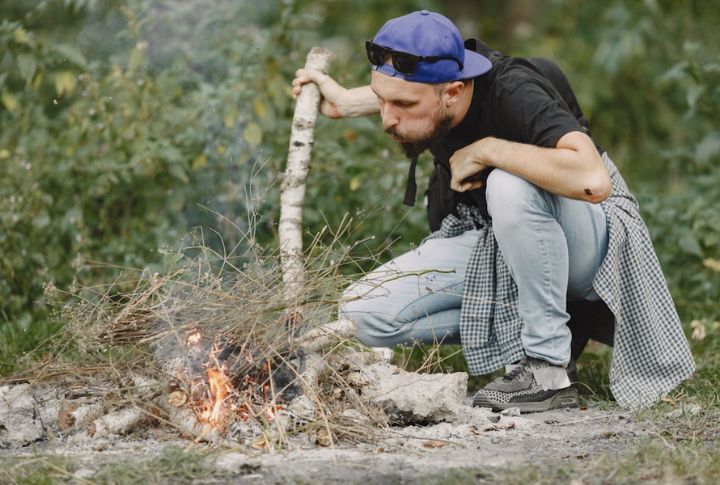
Survivalists and outdoor experts keep traditional fire-starting methods alive, even with the convenience of matches and lighters. These ancient techniques using flint, steel, or friction were vital for survival. Fire-making challenges at competitive events also celebrate and preserve this enduring heritage.
Canning And Preserving Food
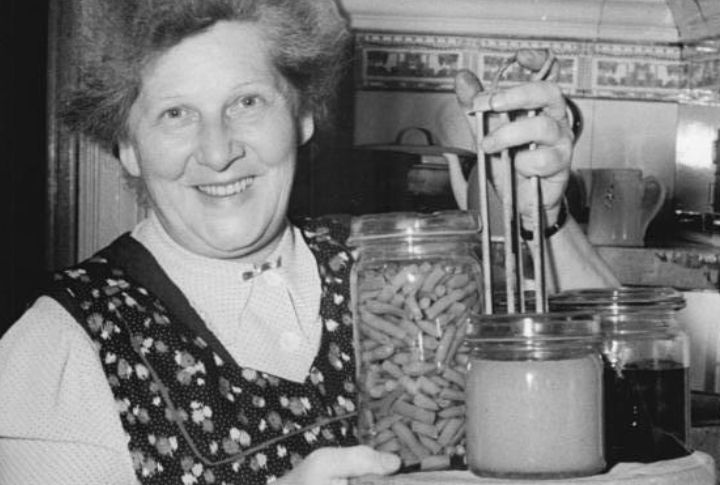
Store shelves overflow with mass-produced canned goods. They replace the time-honored practice of home preservation. Before refrigeration, families relied on canning to preserve their harvest. Meanwhile, vintage canning jars serve decorative purposes, yet some enthusiastic homesteaders continue this practical tradition.
Letterpress Printing
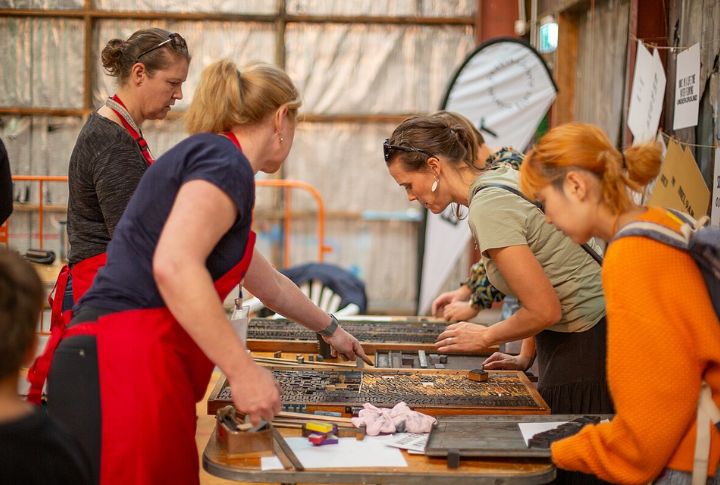
Collectors particularly value the unique tactile qualities of letterpress work, which reflects its enduring appeal. This centuries-old method played a central role in producing countless books and newspapers. Modern offset and digital printing have since changed commercial publishing, leaving letterpress largely appreciated as an artisanal craft.
Using Morse Code
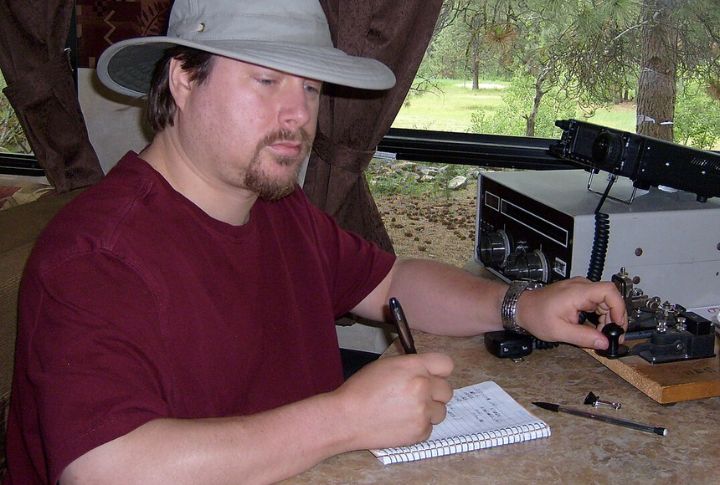
Maritime and military operations used to rely on Morse code’s distinctive dots and dashes to deliver essential messages. Although radio and digital communication have largely replaced it, the distress signal “SOS” remains universally recognized. Amateur radio operators still practice Morse code today to keep the skill alive.
Developing Film
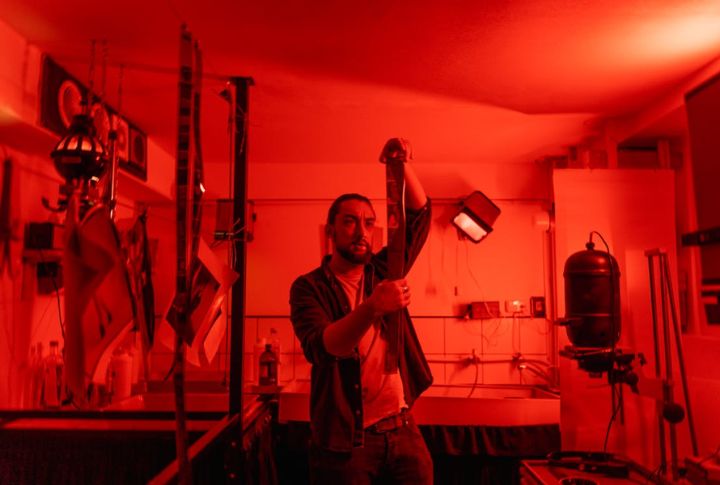
Professional photographers once considered darkroom expertise a vital part of their craft. Digital cameras and smartphones eventually transformed the field, making film development far less common. Even so, dedicated enthusiasts and artists continue to maintain darkrooms to preserve traditional photographic techniques in a modern world.
